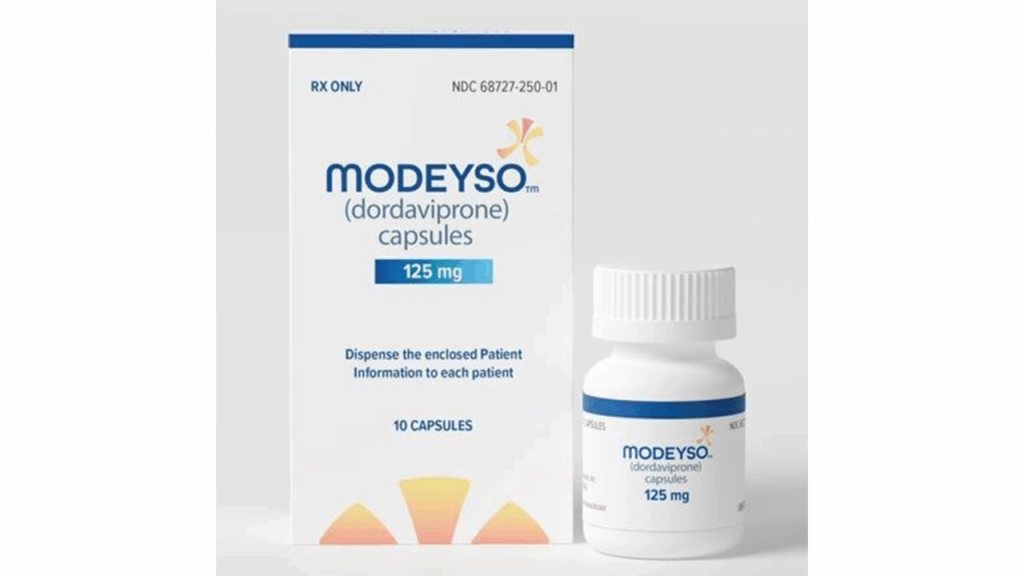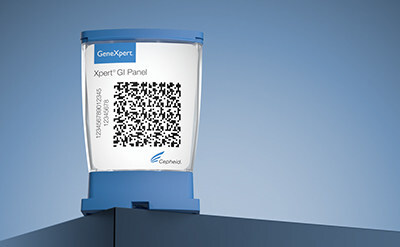The FDA has approved Jazz Pharmaceuticals’ Modeyso (dordaviprone) for treating recurrent H3 K27M-mutant diffuse midline glioma in patients aged one and older. This oral therapy is now the first and only FDA-approved treatment for this ultra-rare, aggressive brain tumor, primarily affecting children and young adults.
Modeyso is one of the few glioma therapies to receive FDA approval in recent years, following tovorafenib in 2024 and others in 2022. Jazz Pharma acquired Modeyso through its recent purchase of Chimerix.
What Is Diffuse Midline Glioma?
Diffuse midline glioma is a fast-growing cancer that forms in central areas of the brain or spinal cord, including the thalamus and brainstem.
The prognosis for diffuse midline glioma remains poor. The five-year survival rate for diffuse midline gliomas in general is just over 40%, according to US prevalence data. Recurrence is usually associated with rapid progression and reduced survival.
Depending on tumor location, symptoms may include balance problems, double vision, limb weakness or signs of increased brain pressure like headaches and nausea.
All diffuse midline gliomas are classified as grade IV tumors, meaning they are cancerous, fast-growing and difficult to treat.
XTALKS WEBINAR: AI-Powered Multi-Omics for Breakthrough Cancer Target Discovery
Live and On-Demand: Wednesday, September 3, 2025, at 11am EDT (4pm BST/UK)
Register for this free webinar to learn how to harness integrated functional multi-omics to enhance translational confidence and de-risk early-stage drug development for oncology programs.
Why Is the H3 K27M Mutation Deadly?
The H3 K27M mutation, which defines many diffuse midline gliomas, disrupts how DNA is normally packaged and controlled in cells. It interferes with gene regulation in a way that fuels tumor growth. Specifically, it prevents certain brain cells from maturing properly, locking them in an early developmental state that encourages unchecked division.
According to a paper in Neuro-Oncology, this mutation appears in up to 80% of pediatric cases and 60% of adult diffuse midline gliomas. It is associated with rapid progression, limited response to treatment and poor survival. Median survival for brainstem tumors with this mutation is just nine months, and most patients do not live beyond two years.
Even with radiation, overall survival typically improves only symptoms, not long-term outcomes.
These tumors are often inoperable, spread easily through nearby brain tissue and resist treatment due to their complex genetic behavior and ability to bypass normal cellular controls.
In 2021, the WHO officially recognized H3 K27-altered diffuse midline glioma as a distinct tumor type based on its molecular profile — guiding efforts to develop targeted treatments like dordaviprone.
How Modeyso Works
Modeyso is an oral small molecule that targets tumor biology through two mechanisms: it activates a mitochondrial protease called ClpP and inhibits a dopamine receptor known as DRD2.
Preclinical studies suggest this dual action may help restore mechanisms that suppress tumor growth, induce cancer cell death and partially reverse abnormal DNA packaging. Specifically, it may reestablish normal methylation patterns on histone H3 K27, a process disrupted in these tumors.
Clinical Data and Future Steps
The FDA’s accelerated approval of Modeyso was based on pooled data from five Phase II open-label studies involving patients with progressive disease after prior treatment. Among 50 patients, 22% experienced a confirmed tumor response per independent RANO criteria, a standardized method for measuring tumor response in brain cancer trials. One additional patient was identified as a responder using integrated RANO 2.0 criteria.
For those who responded, the median duration of benefit was 10.3 months. About 73% maintained a response for at least six months, and 27% for at least a year.
Modeyso is taken once weekly as an oral capsule. Continued FDA approval may depend on results from the ongoing Phase III ACTION trial, which is studying the drug in newly diagnosed patients post-radiation.
Across four clinical trials evaluating safety, serious side effects occurred in 33% of the 376 participants. The most common side effects (affecting 20% or more of patients) included fatigue, headache, vomiting, nausea and musculoskeletal pain.
Modeyso carries warnings for hypersensitivity reactions, QT prolongation and potential harm during pregnancy.
According to Jazz Pharma, Modeyso will be available in the US in the coming weeks. It is not yet authorized for use outside the US.
If you want your company to be featured on Xtalks.com, please email [email protected].












Join or login to leave a comment
JOIN LOGIN